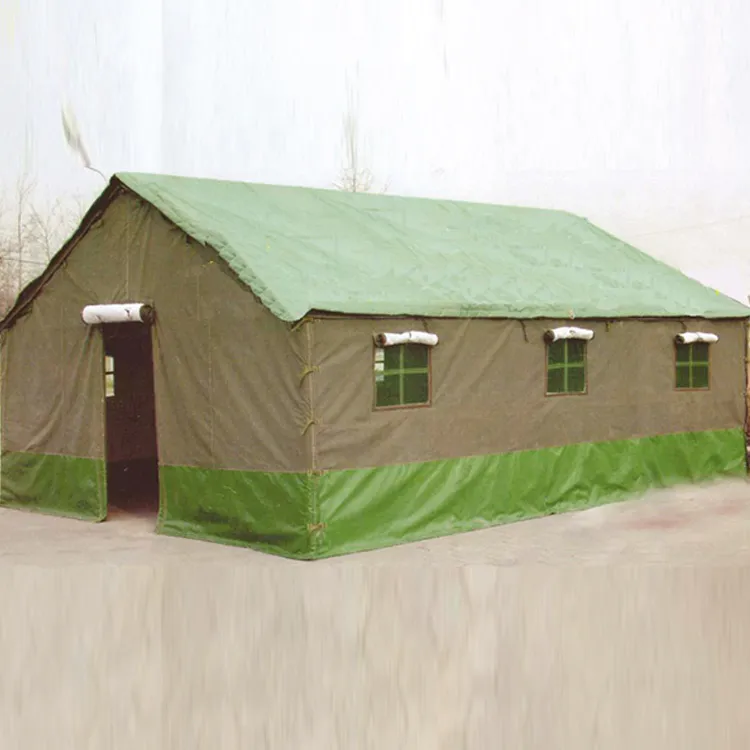Exploring the Benefits and Features of a High-Quality PP Bag Sewing Machine for Efficient Production
Exploring the World of PP Bag Sewing Machines
In today’s fast-paced industrial landscape, the demand for efficient packaging solutions is on the rise. Among the various forms of packaging available, polypropylene (PP) bags have gained significant popularity due to their versatility, durability, and cost-effectiveness. This burgeoning demand for PP bags has led manufacturers to seek out efficient production methods, prominently featuring the PP bag sewing machine.
A PP bag sewing machine is a specialized device designed for sewing and closing bags made from polypropylene, a thermoplastic polymer known for its strength and lightweight properties. These machines are integral to industries such as agriculture, textiles, food processing, and construction, where bulk packaging of materials is required. The robustness and adaptability of PP bags make them suitable for a wide range of products, from grains to chemicals.
Exploring the World of PP Bag Sewing Machines
Moreover, PP bag sewing machines are designed for versatility. Many modern machines come with adjustable settings that allow operators to customize stitches based on the thickness and type of the PP material. This adaptability ensures that bags are sealed securely, preventing leakage or spillage of contents, thereby maintaining product integrity. Additionally, advanced models may include features such as automatic thread trimming and programmable stitch patterns, further streamlining the sewing process.
pp bag sewing machine

The quality of the final product is paramount in any manufacturing process, and PP bag sewing machines play a crucial role in this aspect. Seam integrity is vital for the bags to withstand handling and transportation. High-quality sewing machines provide consistent stitching and tension, ensuring that each bag is securely closed. Poorly sewn bags can lead to product loss and customer dissatisfaction, making the selection of a reliable sewing machine a critical investment for manufacturers.
In addition to efficiency and quality, sustainability is becoming an essential consideration for many manufacturers. The production of PP bags is relatively environmentally friendly compared to other plastic alternatives, and many sewing machines are designed with energy-saving features. Companies are increasingly looking to integrate eco-friendly practices into their operations, and investing in equipment that aligns with these values can improve brand reputation and appeal to conscious consumers.
The market for PP bag sewing machines is diverse, ranging from manual models for small-scale operations to fully automated systems for large-scale production facilities. As technology advances, so too do the machines, incorporating features such as touch-screen controls and IoT connectivity for monitoring and maintenance. Manufacturers can now track machine performance in real time, resulting in improved operational efficiency and reduced downtime.
In conclusion, PP bag sewing machines are a vital component in the manufacturing landscape for polypropylene bags. Their efficiency, versatility, and ability to produce high-quality products at a reduced cost make them indispensable for companies across various industries. As the demand for sustainable and cost-effective packaging solutions continues to grow, investing in advanced PP bag sewing machines will be crucial for manufacturers aiming to stay competitive in the market. With these machines, businesses can not only meet the needs of their customers but also contribute to a more sustainable future in packaging.
-
Leather Sewing Machine: The Industrial Standard for Tough MaterialsNewsJul.18,2025
-
Sail Making Machine: Heavy-Duty Stitching for Industrial and Marine NeedsNewsJul.18,2025
-
Sling Sewing Machine: The Backbone of Heavy-Duty FabricationNewsJul.18,2025
-
Leather Sewing Machine: Precision for Heavy-Duty StitchingNewsJul.18,2025
-
Big Bag Sewing Machine: Powering the Future of Bulk PackagingNewsJul.18,2025
-
FIBC Sewing Machine: Essential Equipment for Bulk Bag ProductionNewsJul.18,2025
-
Heavy Duty Leather Sewing Machine: A Must-Have for Professional LeatherworkNewsMay.28,2025





























